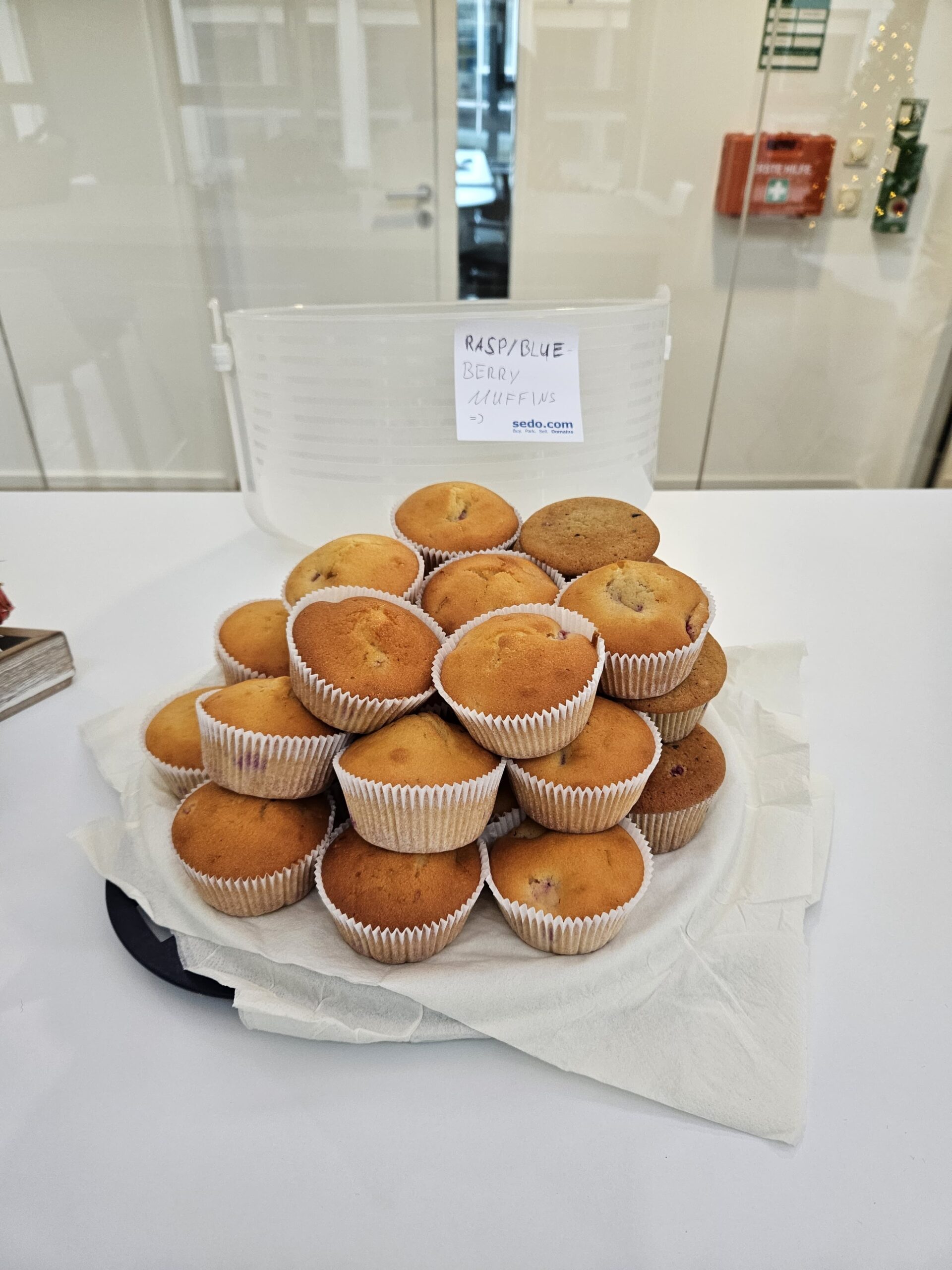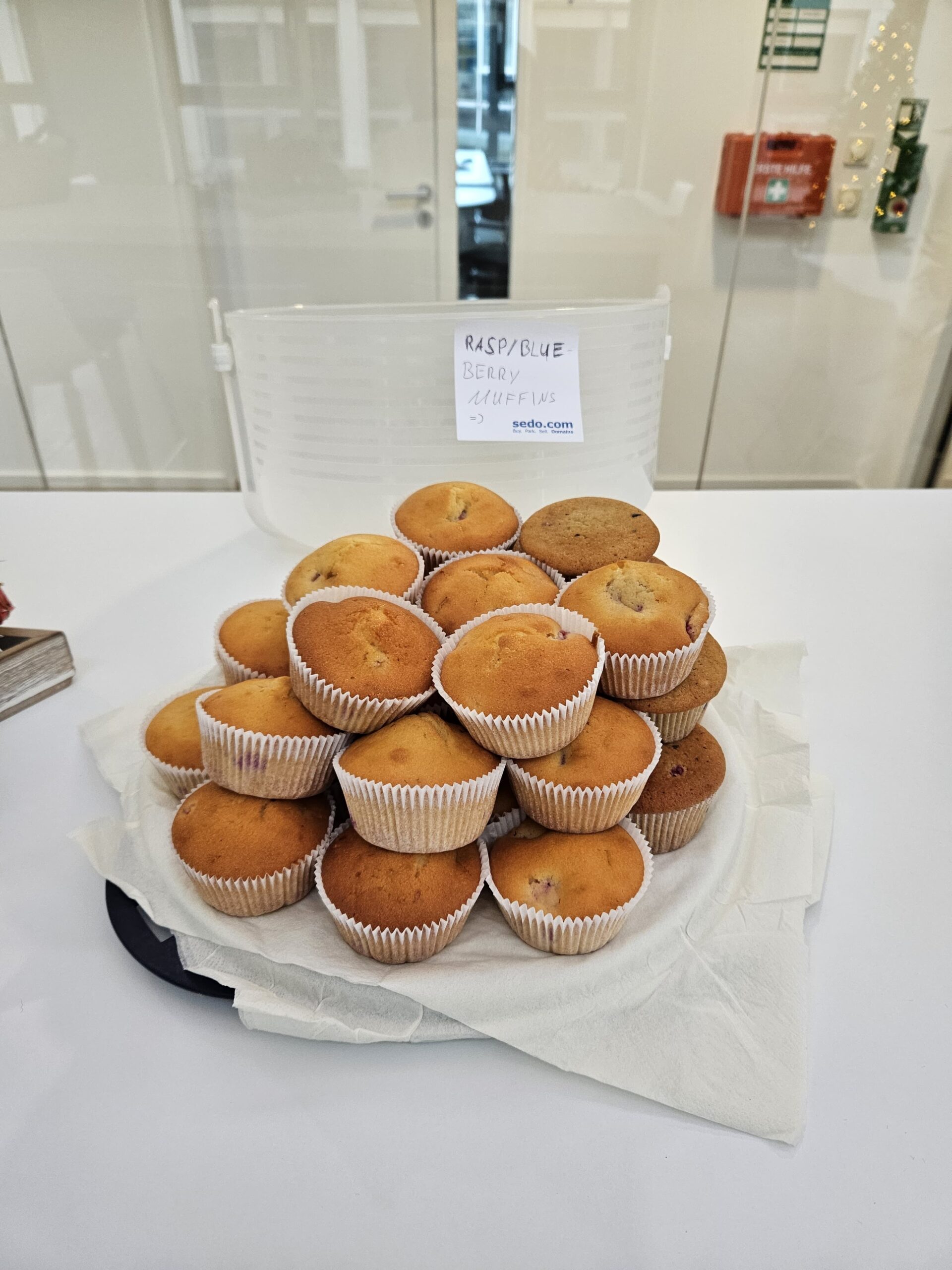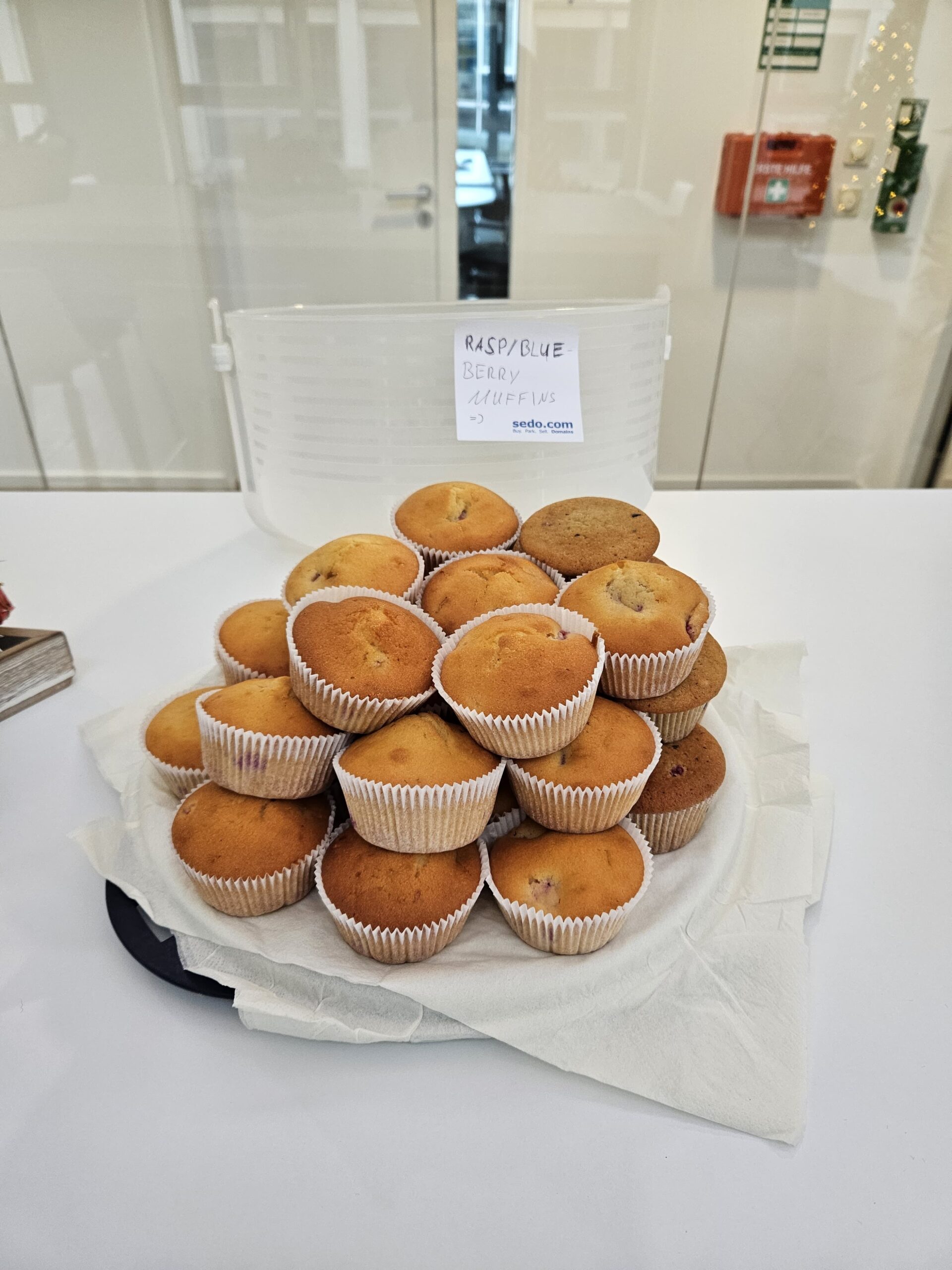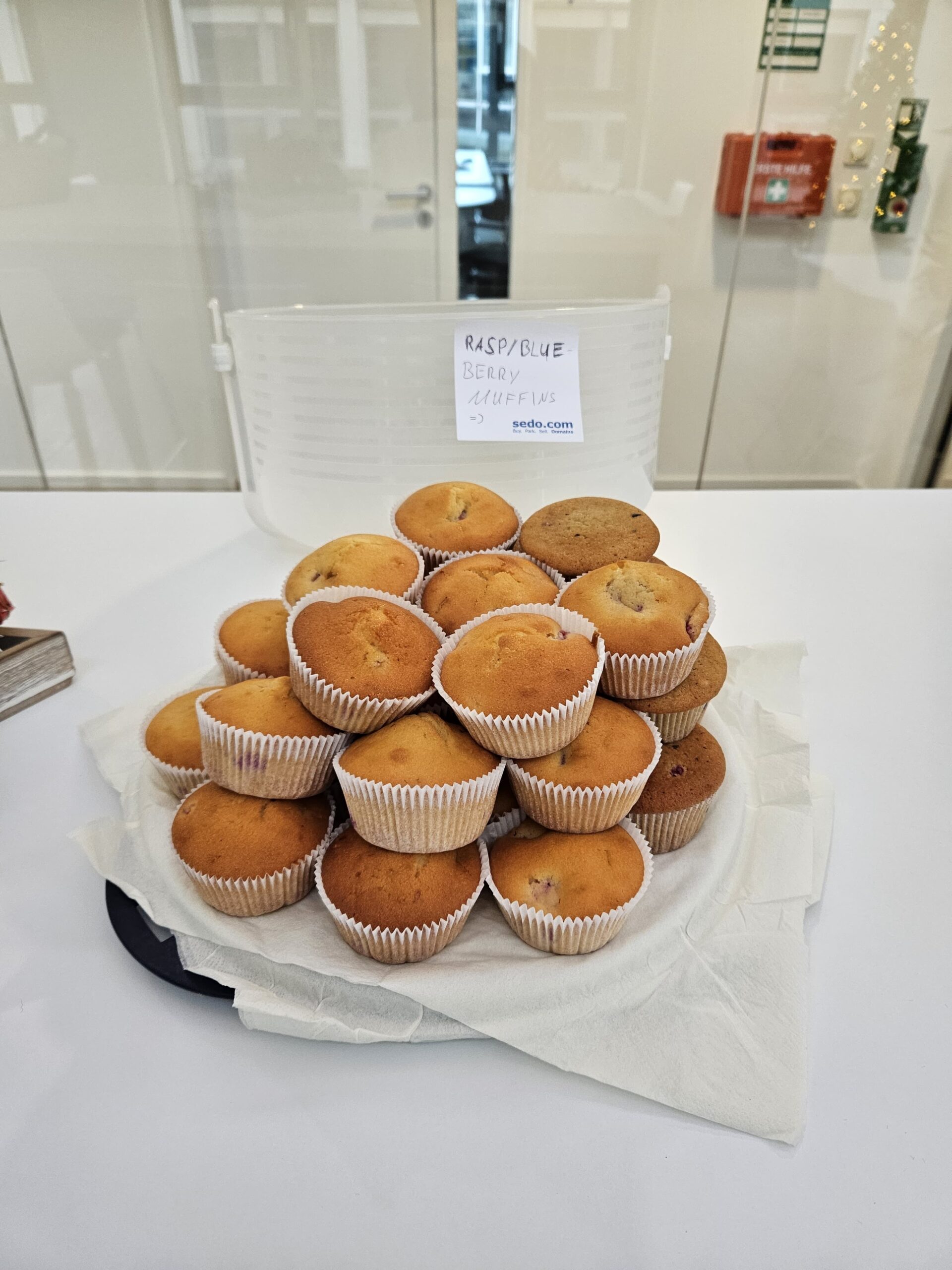Taking More Breaks Can Support Mental Health
Many people say rest is important for your mental health
The Importance of Mental Health
Mental health is a cornerstone of overall well-being, influencing how we think, feel, and act in our daily lives. It affects our decision-making processes, how we handle stress, and how we relate to others. A positive mental health status allows individuals to realize their full potential, cope with the stresses of life, work productively, and contribute to their communities. Unfortunately, mental health issues are prevalent, affecting millions of people worldwide. According to the World Health Organization, one in four people will be affected by mental or neurological disorders at some point in their lives. This statistic underscores the importance of addressing mental health proactively and understanding its impact on our daily lives.
Taking regular breaks is one simple yet effective strategy to support mental health. Breaks provide a chance to step back from stressors, offering the mind a moment of respite. This can help prevent burnout, reduce anxiety, and improve focus and productivity. The modern world often glorifies busyness, but recognizing the value of breaks can lead to a more balanced and fulfilling life.
The Science Behind Breaks and Mental Health
Scientific research supports the idea that taking breaks can positively impact mental health. Studies have shown that short breaks can improve concentration and performance. The Pomodoro Technique, for example, involves working for a set period, typically 25 minutes, followed by a short break. This method has been shown to enhance focus and productivity while reducing mental fatigue.
Physiologically, breaks can reduce stress by lowering cortisol levels, the hormone associated with stress. Engaging in activities such as deep breathing, stretching, or light exercise during breaks can further enhance these benefits. Moreover, breaks provide an opportunity for the brain to process information, leading to better problem-solving and creativity.
Incorporating breaks into the workday can also prevent decision fatigue, a state where the quality of decisions deteriorates after a long session of decision-making. By allowing the brain to rest, individuals can maintain a higher level of cognitive function throughout the day.
Strategies for Effective Breaks
To maximize the benefits of breaks, it is essential to use them effectively. Here are some strategies to consider:
- Schedule Regular Breaks: Plan breaks at regular intervals throughout the day to maintain a consistent rhythm.
- Engage in Mindful Activities: Use breaks for activities that promote mindfulness, such as meditation or a short walk in nature.
- Limit Screen Time: Step away from screens during breaks to give your eyes and mind a rest.
- Incorporate Physical Movement: Light exercises or stretching can rejuvenate both body and mind.
- Socialize: Use breaks to connect with colleagues or friends, fostering a sense of community and support.
By integrating these strategies into daily routines, individuals can enhance their mental health and overall well-being.
The Role of Employers in Promoting Breaks
Employers play a crucial role in promoting mental health through the encouragement of breaks. A supportive work environment that recognizes the importance of mental health can lead to increased employee satisfaction and productivity. Employers can foster this by:
- Creating a Culture of Well-being: Encourage employees to take breaks without fear of judgment or repercussions.
- Providing Break Spaces: Designate areas where employees can relax and recharge.
- Offering Flexible Schedules: Allow employees to take breaks when they need them, rather than adhering to a rigid schedule.
- Leading by Example: Managers and leaders should model the behavior they wish to see, taking regular breaks themselves.
By implementing these practices, employers can create a healthier, more productive workplace.
Conclusion: Embracing Breaks for Better Mental Health
In conclusion, taking more breaks is a simple yet powerful way to support mental health. By understanding the science behind breaks and implementing effective strategies, individuals can enhance their well-being and productivity. Employers also have a vital role in promoting a culture that values mental health, ultimately benefiting both employees and the organization as a whole.
As we navigate the challenges of modern life, embracing the power of breaks can lead to a more balanced, fulfilling existence. Let us prioritize mental health by valuing rest and recognizing its essential role in our lives.



